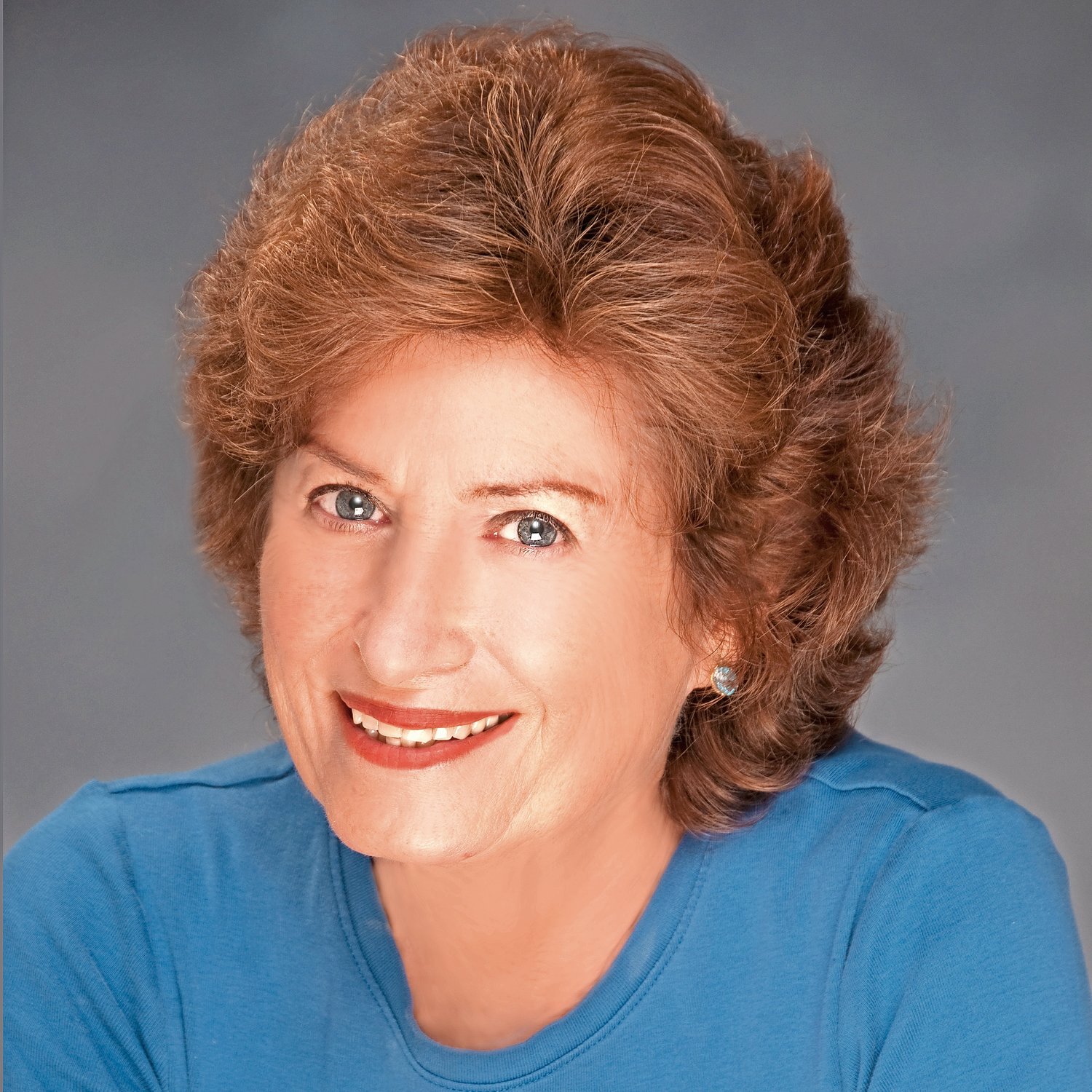Sticks and stones — words can never harm me
You cannot burn a book in 2021. You can burn the paper and the ink and the cardboard, but in our world of e-books, you cannot ever kill the words and ideas that an author created. That makes the news of last week’s book burning threat in Virginia both an empty gesture and a symbolic but devastating embrace of censorship.
It says, we are the thought police. We will decide what your children can read. We are here to destroy the ideas we do not want them to see and hear.
We have always struggled with censorship and book banning in this country, but this next step, to set fire to books we don’t approve of, is an homage to the Nazis and every authoritarian regime that tries to suppress freedom.
Last week, the Spotsylvania County school board in Virginia advocated for burning certain books. According to the Free Lance-Star newspaper, in a unanimous vote, the school staff would decide which books were “objectionable.” Rabih Abuismail and Kirk Twigg, two board members, suggested burning the books that have been removed. “I think we should throw those books in a fire,” Abuismail reportedly said.
Two years ago in this space, I wrote, “We can almost hear the crisp curling of burning pages in the dangerous rhetoric coming from President Donald Trump. His people aren’t burning books yet, but it could happen. When authoritarian leaders consolidate power, they always kill ideas first.”
Authoritarian censorship starts by discrediting legitimate news sources and reliable reporting. From ancient Alexandria to the decade-long Chinese Cultural Revolution, throughout all modern wars, to the bonfires of rare manuscripts by Isis in Mosul in 2015, ashes are all that remain of millions of irreplaceable works.
Book burnings are fueled by ignorance, and fear is the accelerant. Historically, book bans foreshadow other fires to come; therefore, it is more important than ever to stand up for intellectual freedom.
Trump loyalists, proliferating in our communities, call out opposing ideologies as unpatriotic or treasonous, just as their leader targeted the press as “enemies” of America. Trump’s rants and actions triggered a fire alarm, and now the flames are rising from places like Virginia. In Texas, the governor has ordered school officials to review schoolbooks for “pornography and other obscene content.” He did not define pornography or obscenity.
In my own life, books have been the oxygen, the food and light that helped me grow as a human being. When I was an eighth-grade English teacher in Hewlett in 1970, a parent on Open School Night stood up and publicly protested my teaching of “The Diary of Anne Frank” because it mentions menstruation. We discussed his concerns privately, and he eventually saw the merits of the book. That process, of goodwill and a respectful exchange of opposing ideas, seems to have given way to rancor and vitriol.
A civilized society doesn’t burn books. We talk about them. My grandson is reading “The Things They Carried,” by Tim O’Brien, in sophomore English. It is brutal, violent, deeply disturbing and absolutely essential for an understanding of war and the legacy of trauma.
Great books disturb the field. When school boards and parents and teachers disagree, I say put down the matches and begin a conversation. The more distressing question is, how do we move forward as an intellectually free democracy when a school board and the parents and the community agree to ban or burn books they deem inappropriate?
That would be a dark place indeed.
Over the years, many books have been banned in the U.S., for reasons ranging from sexually explicit material to homosexual material to challenging religious ideas to depictions of racism, nudity, Marxism, drugs and alcohol and Satanism. Don’t read me wrong: Not every book is appropriate for every reader, especially children; however, no book should be banned. Burning? I don’t think so.
The book the Virginia school board wants to burn is “Beloved,” by Toni Morrison, perhaps the most profound and moving novel about slavery in America.
How do we push back at the know-nothing, anti-intellectual yahoos lighting the pyres? We read. And we talk. And we comfort ourselves with the knowledge that in our e-book world, paper books may go up in smoke, but the ideas will float in the digital clouds forever.
Copyright 2021 Randi Kreiss. Randi can be reached at randik3@aol.com.

 47.0°,
Fair
47.0°,
Fair 




